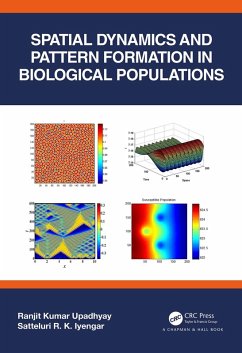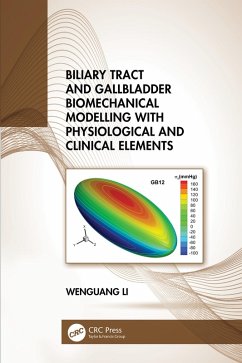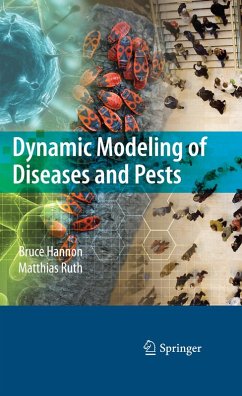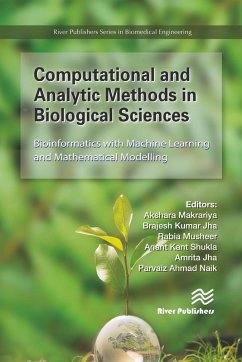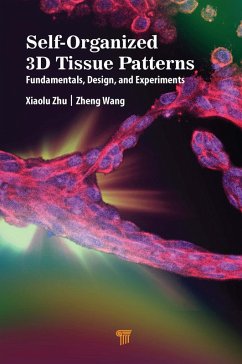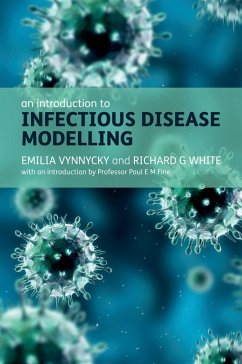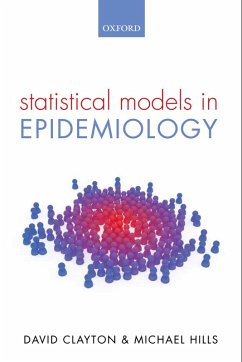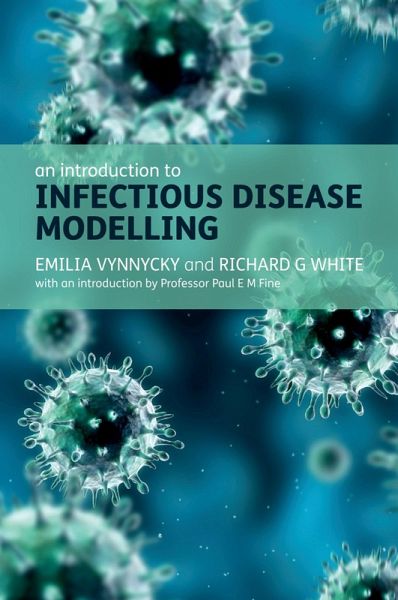
An Introduction to Infectious Disease Modelling (eBook, PDF)

PAYBACK Punkte
11 °P sammeln!
Mathematical models are increasingly being used to examine questions in infectious disease control. Applications include predicting the impact of vaccination strategies against common infections and determining optimal control strategies against HIV and pandemic influenza. This book introduces individuals interested in infectious diseases to this exciting and expanding area. The mathematical level of the book is kept as simple as possible, which makes the book accessible to those who have not studied mathematics to university level. Understanding is further enhanced by models that can be acces...
Mathematical models are increasingly being used to examine questions in infectious disease control. Applications include predicting the impact of vaccination strategies against common infections and determining optimal control strategies against HIV and pandemic influenza. This book introduces individuals interested in infectious diseases to this exciting and expanding area. The mathematical level of the book is kept as simple as possible, which makes the book accessible to those who have not studied mathematics to university level. Understanding is further enhanced by models that can be accessed online, which will allow readers to explore the impact of different factors and control strategies, and further adapt and develop the models themselves. The book is based on successful courses developed by the authors at the London School of Hygiene and Tropical Medicine. It will be of interest to epidemiologists, public health researchers, policy makers, veterinary scientists, medical statisticians and infectious disease researchers.
Dieser Download kann aus rechtlichen Gründen nur mit Rechnungsadresse in A, B, BG, CY, CZ, D, DK, EW, E, FIN, F, GR, HR, H, IRL, I, LT, L, LR, M, NL, PL, P, R, S, SLO, SK ausgeliefert werden.







